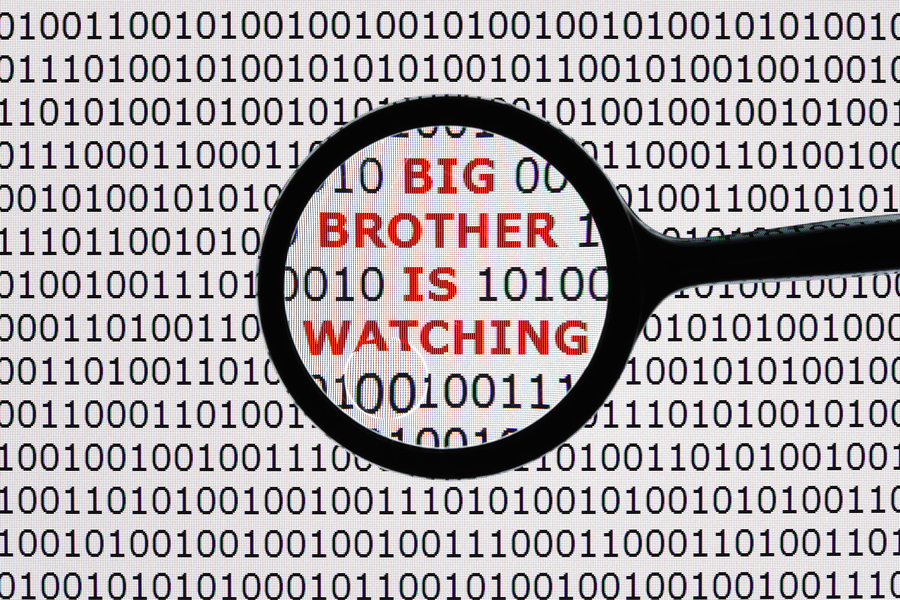Roll Over George Orwell

Judging by a sampling of novels, movies, and even role-playing games, our future is lining up to become a dystopian nightmare where privacy is an outdated concept. If it’s not Orwell’s “1984” and Big Brother, it’s movies like “Brazil”, or paper and dice games like “Paranoia”. You know they type where everyone is constantly under surveillance by The Computer?
But that’s just fiction, right? After all, a lot of the fiction in the 50’s and 60’s talked about nuclear annihilation, and that didn’t happen, right? So clearly, all of these science fiction stories about an Orwellian future are just that: stories. Right? Right?
Well… maybe?
Sit down, pour yourself a Victory gin, and let’s take a closer look at how the concern is not so much Big Brother, but Big Data.
Businesses, agencies, governments and organizations of every kind use Big Data to help them make informed decisions, set policies, create marketing campaigns, and pretty much keep things running smoothly. The data can be used to predict trends, anticipate trouble spots, forecast price increases, even guess how weather patterns will affect purchases.
Crafting all these prognostications requires organizations to collect colossal amounts of data from as many different sources as possible. That’s the epitome of Big Data. Things you do, read or buy, and places that you visit; all of this can be mined for data and used by, well, who knows who?
If you have Facebook, then try this little stunt, and perhaps you’ll get an appreciation for what Big Data does. Pull up your search engine, then type in a product, something innocuous like, say, portable generators. You’ll get a bunch of results of course. Click on a few, places like Home Depot, Wal-Mart, and a few others. Check out some generators. Browse a little.
A few hours later (or maybe next morning), go on Facebook and see what ads you have on the right-hand column. Hey, look! Advertisements for generators!
Yes. You are being watched. A lot of it may be automatic and boil down to algorithms and such, but you are being watched nonetheless.
Or alternately, one could ask “Who watches the watchmen?” The article “Are You Getting Orwellian With Your Big Data? warns that there needs to be oversight when it comes to who has access to gathered data and what they can do with it. There needs to be a balance struck so that the data can still effectively be used to make good decisions, all the while not freaking out the customers and making them paranoid.
It’s the collectors and users of the data that need to police themselves and make sure the data isn’t being abused. That’s why a consistent set of standards needs to be created and implemented across the entire business sector.
People need to realize anything they upload, post, write, fill out, or look for becomes yet another piece of information that has gained Internet immortality. That’s why you need to exercise a certain degree of restraint whenever you’re online.
Also, make sure you read up on the privacy policies of any site where you give your personal information. The more information you’re being asked for, the more it’s imperative that you read up on the impact of your privacy.
